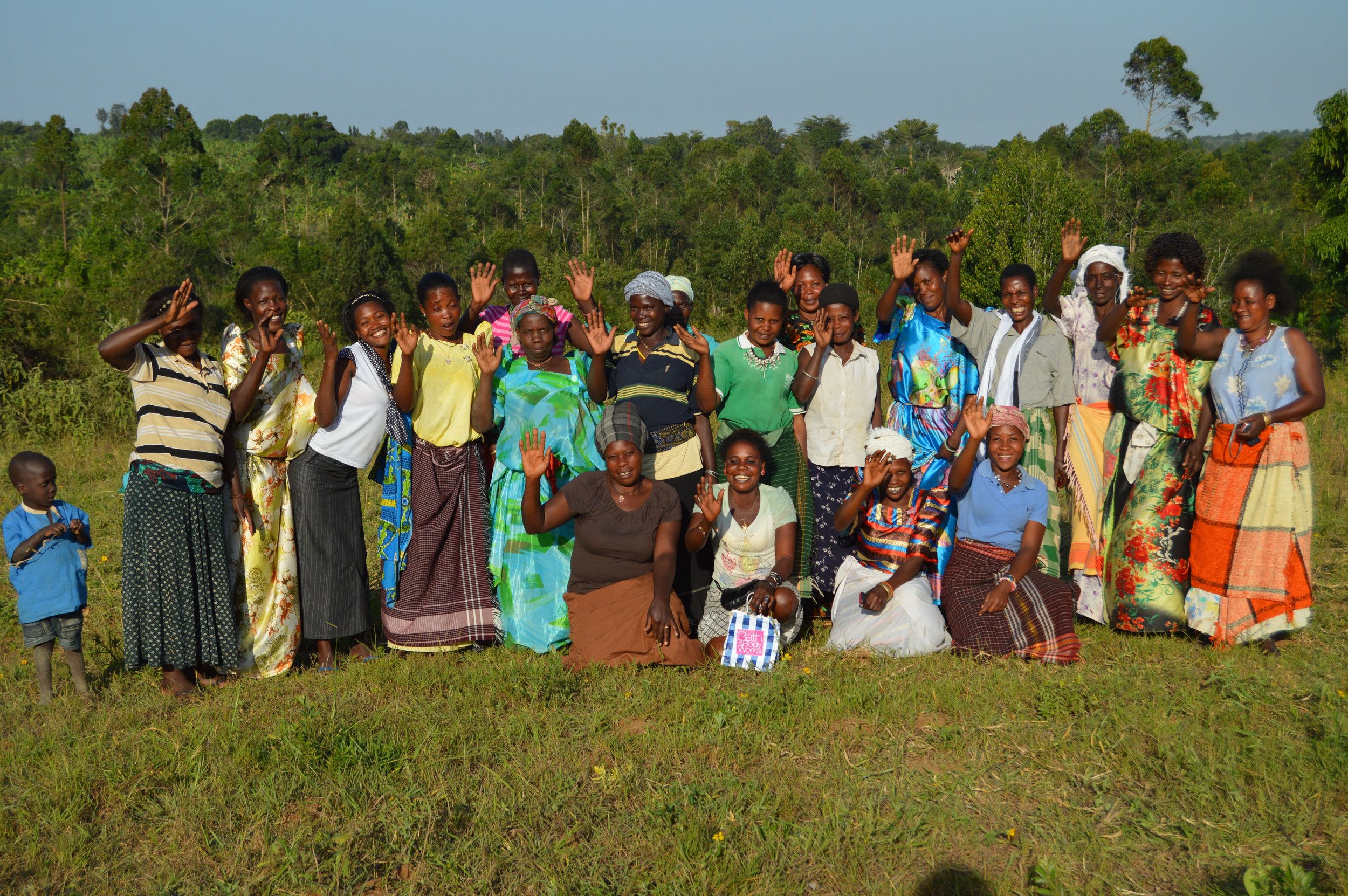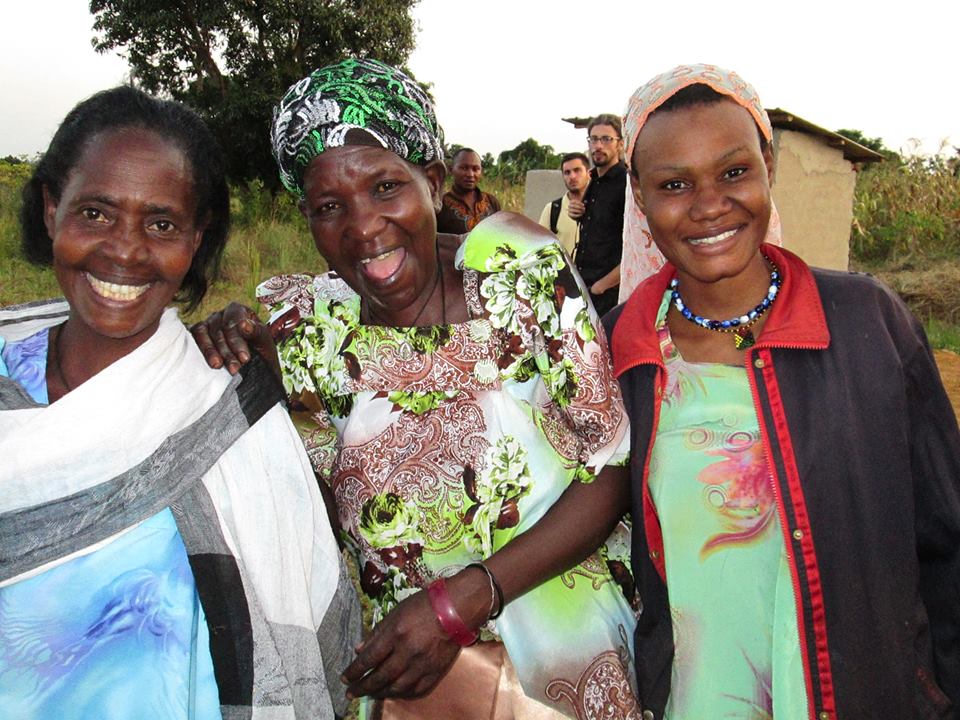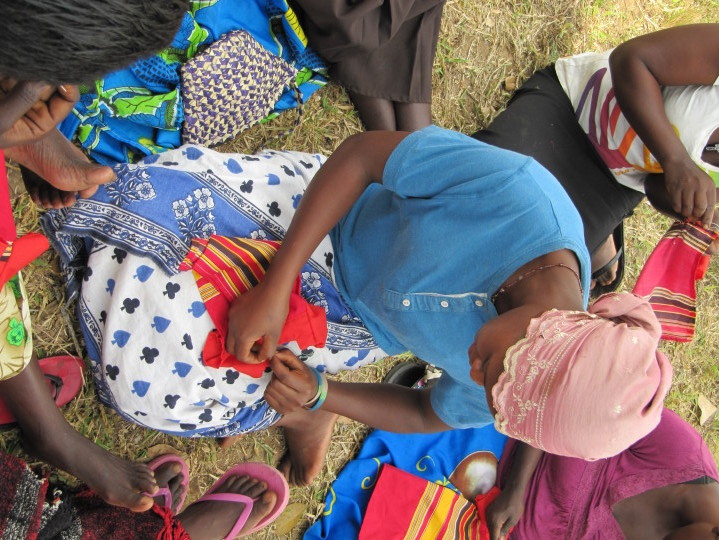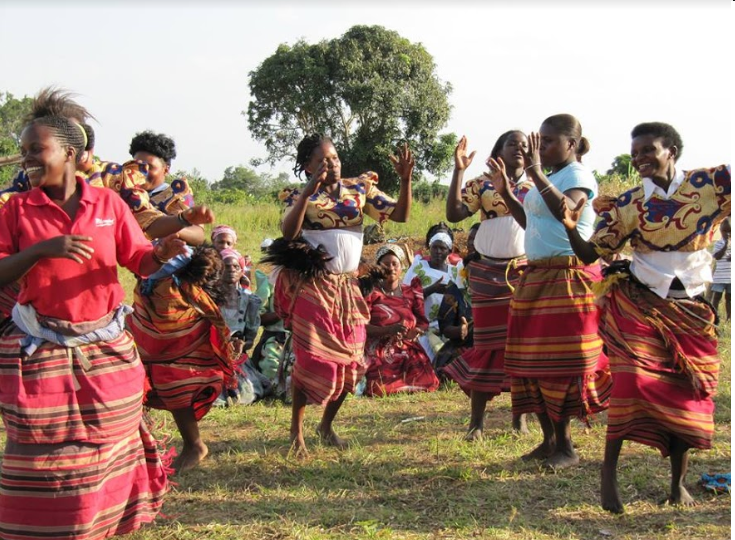The Nakagongo Widows Cooperative
Since the 1980s, Uganda has been considered one of the global epicenters of the HIV/AIDS pandemic. With national prevalence as high as 15% in 1991, Uganda’s rate has reduced to 6% of the population. However, as of 2013, health officials estimate 140,000 new cases of infection each year in Uganda, which accounts for 7% of the world’s total increase (UNAIDS, 2014). The consequences of the pandemic are substantial.
Those living with HIV/AIDS are often discriminated against and ostracized from their communities, thus left alone in their illness and poverty. It is common for groups of people living with this illness to form cooperatives that attempt to foster the fellowship and social responsibility necessary for group members to pursue and attain sustainable livelihoods.
rAKAI WELLNESS ORGANIZATION
Nakagongo Wellness Organization (NWO) is a cooperative of 40+ widows/widowers, who have lost their partners to HIV/AIDS. All of the group members are living with the virus, and are subject to discrimination in their respective communities. EIA supports this cooperative by:
- Encouraging economic projects for the group, like piggery and passion fruit farms.
- Providing aid through food and hygiene products (soap, food, feminine hygiene products) to those who find themselves in particularly difficult situations.
- Coordinating bi-weekly visits from a certified HIV/AIDS counselor, who provides support and direction concerning how group members can live productive, meaningful lives.
NWO has been very successful in managing the projects that EIA has started with them, so much so, that in Summer 2015, NWO was given an award by the Ugandan government and endorsed as a model program for helping those suffering and marginalized because of HIV/AIDS.
In Summer 2016, EIA finished the construction of a community center for NWO. A major way that NWO supports its activities is through making and selling crafts. Crafts can be anything from children’s dolls, jewelry, to traditional clothing. The group also caters for events like weddings and funerals. Given all of these activities, an adequate space to make preparation easier was necessary. The center includes rooms for administrative activities and storage and a large main hall. Most especially, a community center allows for space to house projects or meetings that are normally conducted outdoors, under a tarp.




